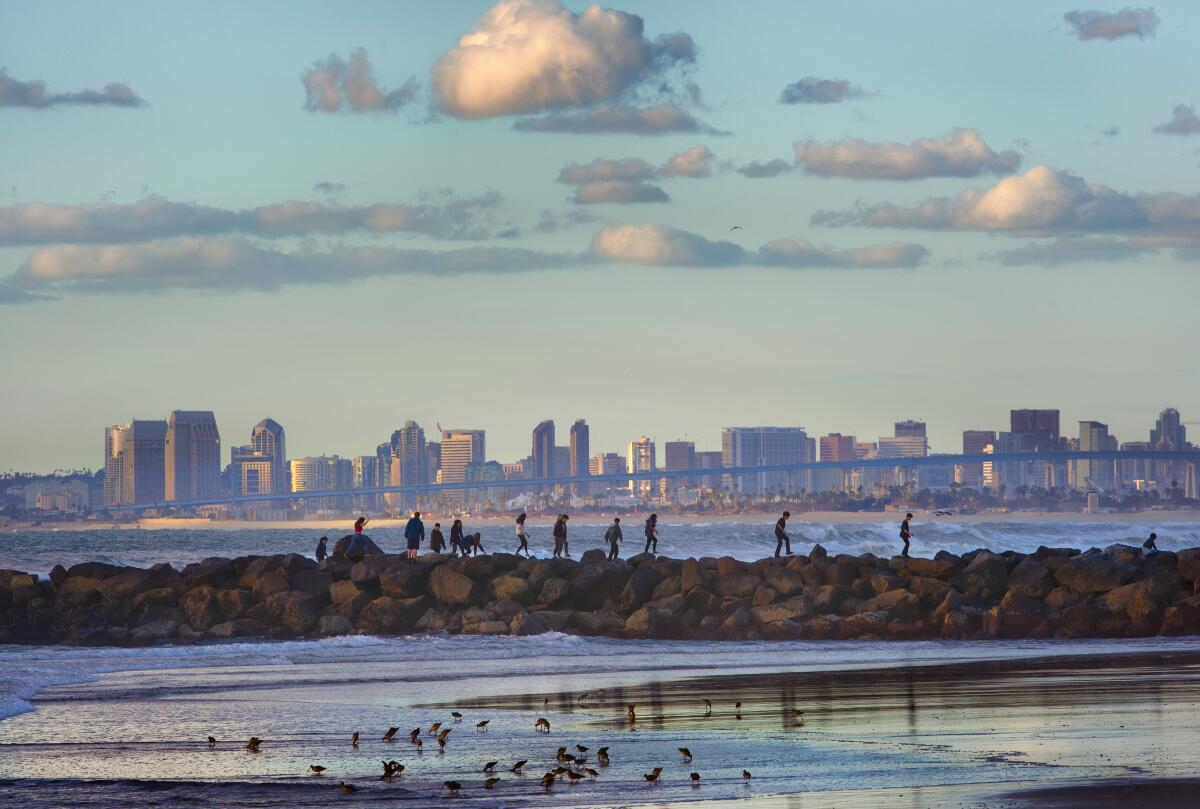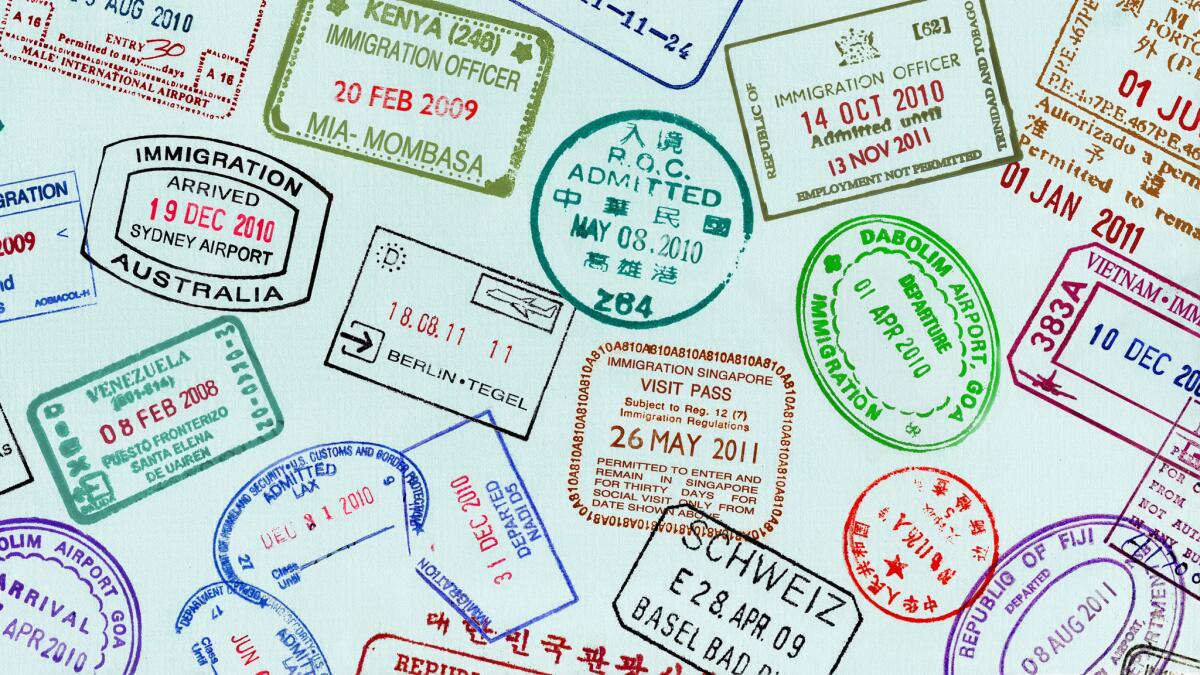Sign up for The Wild
We’ll help you find the best places to hike, bike and run, as well as the perfect silent spots for meditation and yoga.
You may occasionally receive promotional content from the Los Angeles Times.

The world is your oyster, but at the moment, there’s no lustrous pearl inside. Until travel returns, spend your time planning the best vacation ever. Here are 10 things you can do.
Whether the family, you and your siblings or some other collection of folks, check whether there are dates that won’t work. If you’re going solo, congratulate yourself and skip to Step 2.
Gather your group — even if virtually — and figure out what each of you wants from your respite. It’s critical to find out who wants to lounge undisturbed on the beach for a week and who wants to do the equivalent of study abroad. If this doesn’t go well, maybe some folks should go one way and some another.

A beach vacation may sound simple, but California has more than 400 public beaches. Which one of the thousands will work for you? A learning trip can be any place you choose; what’s a favorite and what are the risks?
Start saving. How much can you set aside? You don’t want to rely on credit cards. A vacation savings account is one of the most important girders in this construction.
If you’re driving, figure your mileage, miles per gallon and the cost of gas. Go to AAA Gas Prices. Flying? Start perusing airfares. Lodging, meals and incidentals? See the federal government’s per diems for international travel and U.S. travel in the Lower 48 and in Alaska, Hawaii and the territories (.

Do you need insurance? (See below.) If you need to board a pet, pay someone to bring in your mail and check on the house, park at the airport or a cab or ride-share, figure in those costs. Unless you’re tent camping or staying with family, calculate tips, and don’t forget the housekeeper. Figure in transportation at your destination.
A travel advisor (don’t call them agents) can help with complex vacations. But if you prefer to do it yourself, save the details of each transaction. Keep meticulous records. Consider using a planning app (TripIt is one), but many people also like to keep paper records as a backup.
Because coronavirus is now a known event, you probably won’t be covered if you want to cancel your trip, unless you have cancel-for-any-reason insurance. Read the fine print, talk with an agent and find out whether a travel provider’s default is covered.

If you’re traveling internationally, check passport expiration dates; know that some countries require that you have as much as six months left on your passport. (Go to country information at travel.state.gov.) Find out whether you need a visa. For now, domestic fliers do not need to worry about having the federally complaint driver’s license or other acceptable identification to board a plane. President Trump has postponed the implementation, which was to have been Oct. 1.
Keep track of attractions and restaurants you’ll want to visit. Consider a loose daily itinerary. Check the weather so you pack correctly (you are making a list of outfits you can put together out of what you’re packing, right?); if going abroad, study up on what is considered inappropriate dress at your destination.
Sign up for The Wild
We’ll help you find the best places to hike, bike and run, as well as the perfect silent spots for meditation and yoga.
You may occasionally receive promotional content from the Los Angeles Times.